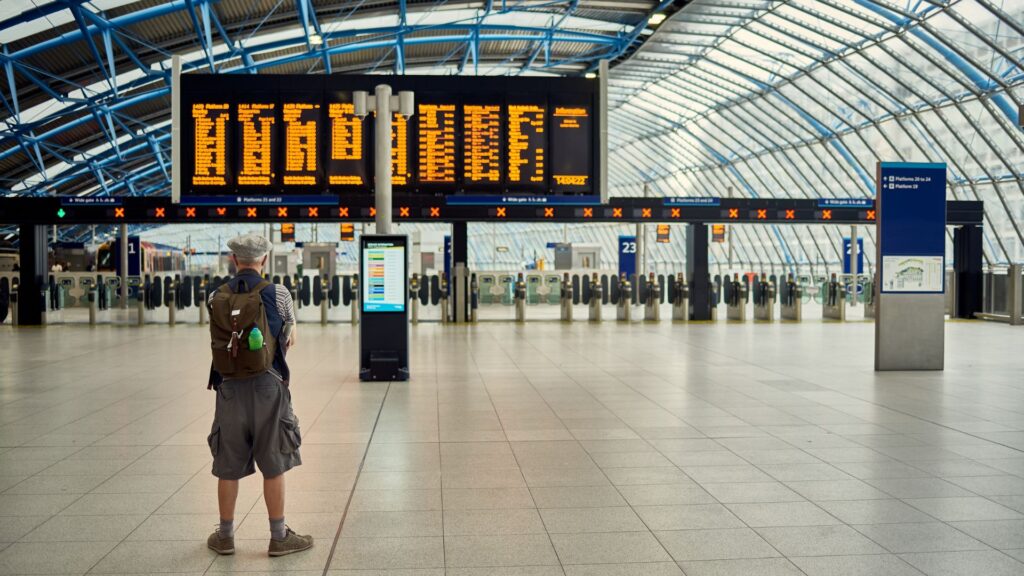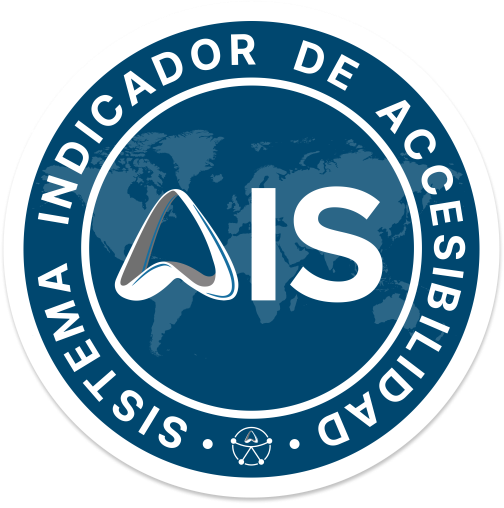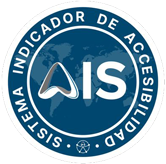- Opinion article by Liliana Pellicer, Communication Director of Fundación ARS, published in the Ágora Tecnología y Turismo section of mallorcadiario.com.
The importance of tourism as an economic sector with a global impact and as a generator of experiences is undeniable. However, not everyone can enjoy its benefits in the same way. Accessibility, both physical and digital, is a key factor in ensuring that everyone, regardless of their abilities, can travel, stay in hotels, visit monuments or museums, stroll through other cities…
In this sense, technology plays a fundamental role in providing innovative solutions that increase the degree of autonomy of all people, including people with disabilities, but not only them. It should not be forgotten that accessibility is essential for 16% of the population with disabilities, but beneficial for 100%.
Added to this is the need for guarantees when implementing accessibility measures, which is essential as a lever to position tourism on an international scale, and for this purpose certifications such as AIS are essential.
Accessible service in tourism: a global challenge
Although great progress has been made in accessibility in recent years, the truth is that there are still many challenges ahead to ensure inclusive and accessible experiences for all, and all this with a vision of accessible service and not just accessible space.
To give an example: an airport may be designed and built with accessibility parameters that allow access, movement and communication; but if the user has not been able to book a ticket online, or cannot decipher the arrival and departure screens, or cannot access the runway and board the plane autonomously, the service is not being provided in an accessible manner.

This perspective also brings great benefits for companies or entities in the sector, as they expand their market in a context of an aging population; and without forgetting that people with disabilities also travel for pleasure or for work, and they do so accompanied.
A more inclusive tourism with guarantees through AIS certification of its accessibility level not only benefits people with disabilities, but also enriches the experience of all travelers and contributes to the development of more equitable societies.
Technological solutions to improve physical accessibility
And how is technology helping to achieve this goal of accessible tourism for all? From mobile apps to artificial intelligence, technological innovations are helping to break down barriers and offering new opportunities for more inclusive tourism.
The magnetic induction loop, for example, eliminates ambient noise for people with cochlear implants or hearing aids, thus improving their communication in boxes or auditoriums.
There are applications and tools that improve guidance and information in real time for blind or deaf people, or that provide auditory descriptions of the environment or works of art, and that transcribe conversations, among others.
In addition, virtual reality and augmented reality systems are being developed that allow destinations to be explored before visiting them, which helps to better plan the trip, or that facilitate immersive experiences so that people with reduced mobility can enjoy virtual tours without physical barriers.
In any case, it is not only a matter of implementing technological measures; the essential thing is to do it in a meaningful way and complementing other types of actions in terms of accessibility, as well as certifying the spaces with AIS in order to provide them with guarantees.
Accessible technology, essential for inclusive tourism
However, the technology itself must also be accessible.
A website or a tourism application created without accessibility criteria can cause the same problems as a staircase without an alternative ramp. For example, it can prevent or make it difficult to purchase tickets, tickets or manage a trip.

In addition, the European Accessibility Act came into force on June 28, which requires the creation of accessible websites and digital services, including passenger transport. This regulation also makes it mandatory for physical spaces to be accessible, as does Royal Decree 193/2023, for example.
Therefore, the lack of accessibility is not only negative for the reputation of a company and prevents access to its services to a population sector, but also goes against the mandatory regulations.
Integral accessibility in inclusive tourism
For all these reasons, the challenge of accessible tourism must be addressed with a comprehensive vision that takes into account physical and digital spaces, as well as products, incorporating technological solutions that facilitate the creation of accessible services. And all this while ensuring that the measures incorporated are correct through accessibility certification.
Nowadays, we manage many aspects of our lives through our cell phones, including tourism, and people with disabilities are no exception. They must have resources to help them cope with certain tasks as independently as possible, but they must also find accessible websites and apps.
And what is the best way to achieve this goal?
There are numerous accessibility consultants who have the knowledge and experience to advise companies and institutions that want accessible physical or digital spaces.
There are also manufacturers that can provide accessible products to improve the environments, such as elevators, signage, magnetic induction loops, routing…
For all this work to have a sense and a practical and guaranteeing approach, there are also accessibility certificates such as AIS, which, with its three standards, evaluates and verifies the accessibility conditions of physical and digital spaces, achieving a double social and economic impact.

You can also read this article at:

